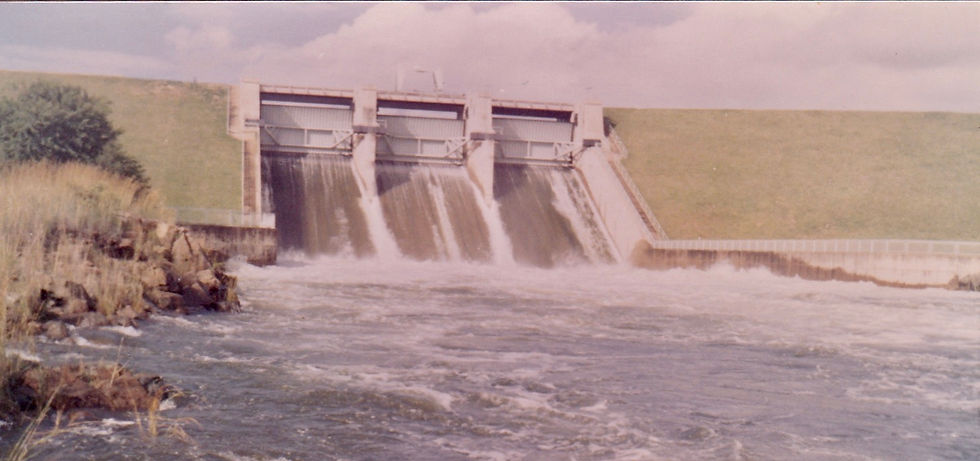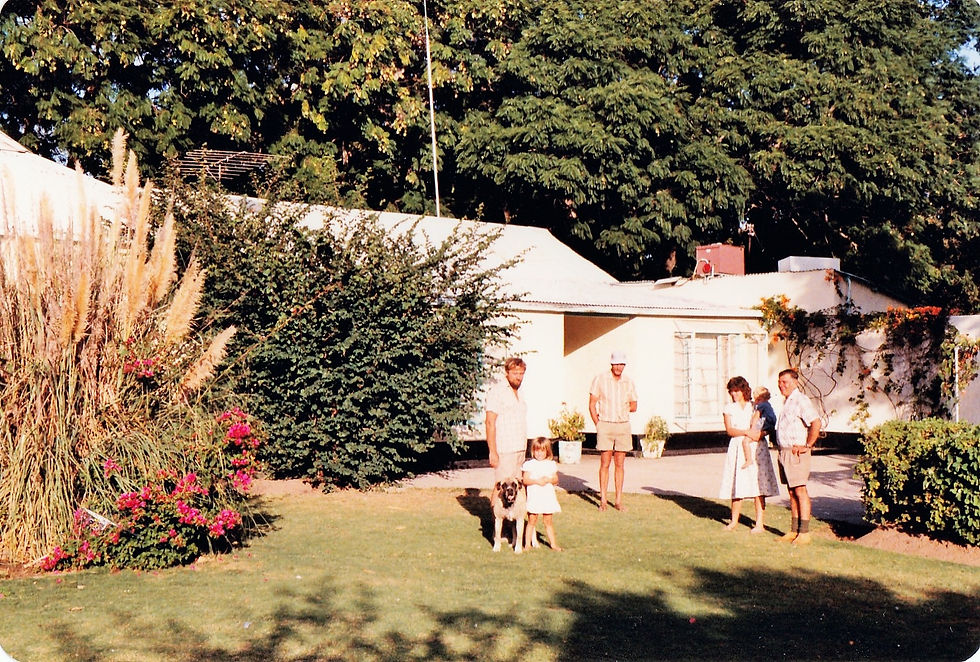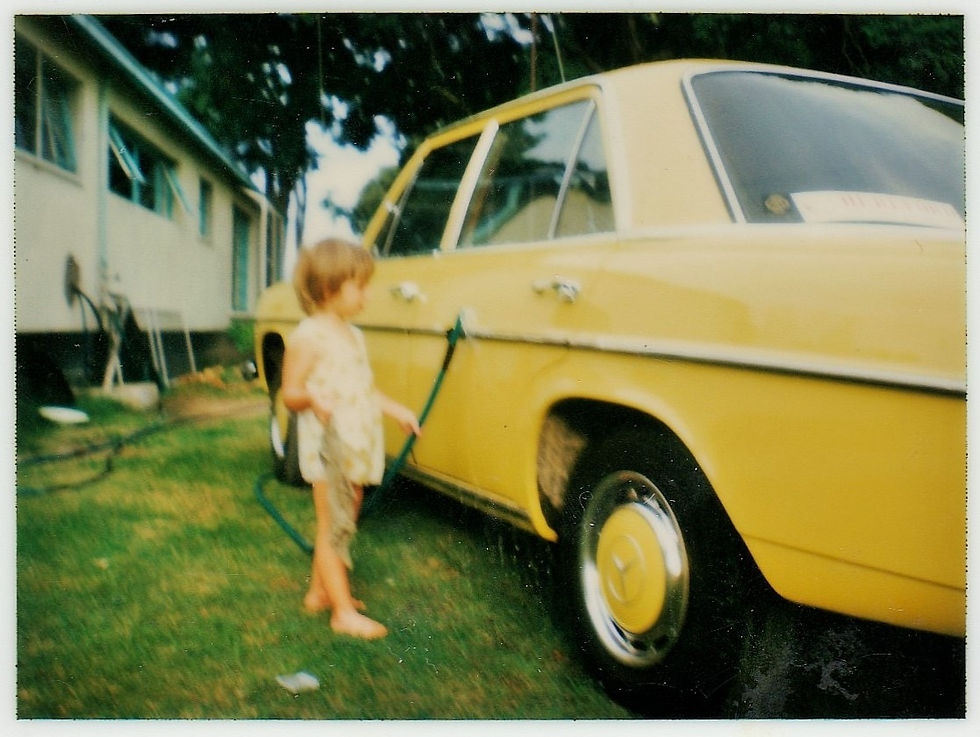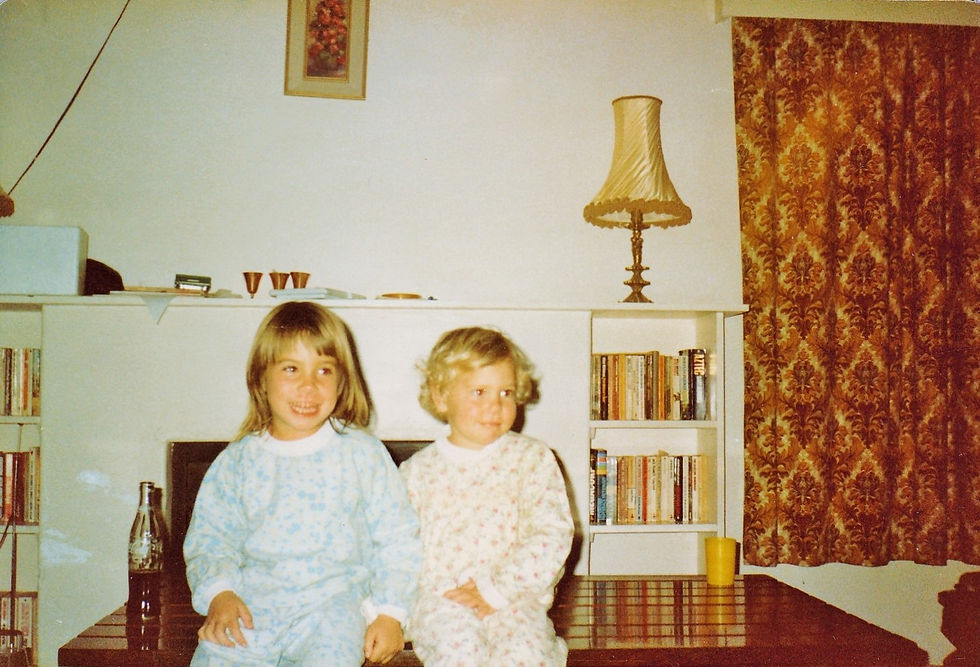
Year-End Thoughts
I do not know about you lot, but the days between Christmas and New Year as a child seemed to be a time of peace on the farm. Yes, the workers came to work but most tradesmen and companies that serviced the farms took their annual holidays or at least a part of their holidays at that time of year. Summer was too busy a time for farmers and those that serviced them to take holidays. At Christmas and New Year it was always essential you had all the critical spares, including veterinary and stock feeds in place as their sourcing and delivery at that time of year was always difficult. Especially New Year as most were drunk on the Island of Mull for at least three days with the sharing of whisky from a bottle nestled inside a jacket pocket common for much more than a week after the event. You could not accept sup without offering a sip. Nowadays, likely an unacceptable tradition especially as the drink could be shared through the car window upon meeting on the narrow roads.
“The exchange of the dram at New Year was not just to solidify friendship, it also allowed forgiveness. Your thoughts are mellowed when your tongue tastes the shared warmth of the amber nectar.” - Peter McSporran
As children, the novelty of new toys had not worn off with most of them still intact. Plastic farm animals and dinky tractors could all be accounted for, therefore, a time of peaceful enjoyment in the house with the anticipation of the approaching New Year, the main event. I have said this before in those days: Christmas day was a working day in Scotland while New Year’s day was a holiday. Probably because most would have been unfit for work anyway.
New Year for the adults was an important time in Scotland, a time when even the boss was visited by first footers, who with a few drams under their belt would garner the courage to visit along with the inclination to speak their mind about their working conditions or what was happening under his nose. “Did you know Willie has taken twelve salmon from the Aros this year, or that those people from Derviag have been stealing your sheep?” I remember being shocked, as one of our shepherds informed my parents our building manager was having an affair (the word affair was not used) with one of the joiner’s wives, she was boasting about his sexual prowess to all and sunder. In my whole life, it was the one and only time I heard my parents in conversation, unintentionally be it, talk about sexual matters. For me, it was enlightening as it now appeared even adults behaved like depraved youths, the latter at my age only in thought. All of a sudden my stepmother remembered I was present, after silencing the shepherd, she informed me to forget everything I had just heard. I have clearly disobeyed her. I can remember it clearly today.
Needless to say, this transition period, seeing out the old and bringing in the new was always one of my favourite times. Even on the farm in Darwendale, it was a special time, especially with the thought of returning to boarding school still absent from the childrens’ minds. Not so, the New Year, which not only brought about endless resolutions to be broken but new plans, new school clothes, new classmates and most importantly new hope of a good farming year. Farmers would pine for the opening of the suppliers, and even before that year’s crops were harvested, thoughts of the new season ahead.
“A farmer's life is one of hope. That is why he always looks forward, rarely back.” - Peter McSporran
We all started our annual diet, with some even giving up drinking, although many preferred February for this as the shortest month in the year. Two of my late friends were sticklers to the ‘Dry February’ routine, they, being Brian Wishart and Henry Bezuidenhout. I never did attempt this forced temperance, I had already accrued enough failures to my credit without adding a potential further one voluntarily.
It is different now that we are in what my dear friend Angus Shaw calls our sundowner years. Unless travel is involved, our main thoughts are about health, fishing and the garden for the next year. We are lucky. Many more in the world are thinking of heating and food. Unfortunately, the older we get the more the days are similar in nature, spontaneous action is slowly and reluctantly abandoned, more a life rarity than what used to be my norm.
“I have always suffered hangovers, only with old age, have I started to consciously try and avoid them.” - Peter McSporran
Our main hope is our children and grandchildren will visit this coming year. As yet I still do not have any grandchildren. Something to look forward to? I think of all the things I have accumulated in life, children are the very best.
As New Year draws close I wish you all a healthy and happy 2023. Wealth is handy but does not make you happy, with good health it is up to yourself to make yourself happy with what you have got. I am happy.
"Happiness depends upon ourselves." - Aristotle
Mede Farm

My father-in-law and my hunt for more land continued into the early eighties until one of our elderly neighbours, younger than I am now, decided he had had enough. His farm was five kilometres back down the road from us, one farm between us. Harold Foster, his background was American had been a traditional tobacco farmer with the farm having some sixteen conventional tobacco barns and for some reason one bulk curer. Good tobacco storage buildings and grading shed all well built although made of farm burnt bricks and lime mortar. Harold had tried to diversify when Rhodesia declared its Unilateral Declaration of Independence (UDI), there had been fears of the tobacco price collapsing due to sanctions. This was proven not the case and I am sure his choice of diversification brought about hard times. Strangely, he decided that in warm sub-tropical landlocked Zimbabwe was a good place to produce Chinchillas for their pelts. Seemingly, he was not the only one.
To cater for these animals' production he had built two large sheds, one with cages for rearing the Chinchilla individually so that no damage could be inflicted on their pelts, the other built with artificial burrows to rear their young in. He also had all the equipment for killing, skinning and curing the pelts. Interesting for an observer, not a wise investment for the investor. Further, he had tried to entice his family back with his son-in-law joining him on the farm for a period. I did not ever meet him as he had departed before I moved to the area seeking greener pastures.

Harold had reverted to maize farming and leased the grazing to my friends and neighbours the Gordon’s who had maintained the fencing. This could not be said of the cattle handling facilities. In addition, they kept the Lister diesel engine going that ran the only borehole on the western side of the farm which had no access to running water. The east had a river running through it and adjoined Ian Gordon, ex-Gulliver Farm. There was a dam upstream of the farm on Ian’s property which would not inhibit further water development in the form of dams and irrigation. In later years both John Gordon and I would build dams there, John had bought Bill Rae’s farm which was on the southern boundary. On the north boundary, we had the Smit’s, their son Corn a well-known bow hunter and renowned knife maker to this day.
I convinced Diane that we could move to the Mede farmhouse, which was larger although perhaps not too much better than our cottage on Diandra. I am sure she saw it as a ploy to delay house building, but move we did with a promise to build a home on Diandra to commence immediately.
Derek started fixing up the cattle handling facilities for his cattle, while I immediately started converting a line of eight conventional barns into a forced air curing system. By this time building was ongoing on Diandra with the addition of expanded tobacco storage sheds, a grading shed, we now graded tobacco on the farm rather than using a commercial grader and storage sheds for stock feeds as cattle were now an important part of our farming operations. Together, we decided to get rid of the Chinchilla equipment and any other surplus equipment we had and to cater for this, we had a sale on the farm. This sale in part helped pay for the farm.

To facilitate our move, we decided to employ a young farm assistant, David Chard, the son of my old livestock lecturer at Auchincruive and now the Deputy Principal of Gwebi Agricultural College. Unfortunately, this did not work out, probably because I treated him like a troopie in the army rather than an assistant manager while he himself, I fear, appeared not to be there by choice but rather by circumstance. He was also very lonely stuck on a farm by himself with no transport other than a motorbike for use on the farm. Whatever the case, it did not work out. In the meantime, a supervisor who sub-contracted grading on the farm joined us as a permanent addition which acted as a stopgap. Able was to remain with us until our involuntary eviction until the end, forced to share his home with the self-proclaimed leader of the war vets in our area. That is another tale.
It was not long before Storm’s stomach started playing up after our move to Mede for the second time. Our Doctor at the time was Dr Timothy Stamps, who later became the Minister of Health. Timothy was not everyone's cup of tea nor mine. His manner was not the easiest, he was always lecturing me about my drinking and weight. On informing him proudly I had lost three kilograms on one occasion, he scoffed at me and said that it just equated to a good shit that morning, more effort was needed. Unfortunately, playing socialist in Mugabe’s government took a toll on Timothy, he became disliked by many and inclined to partake of what he warned me of: drink. This was much later, while I was in the Commercial Farmers Union.
Despite this, we are in his debt, for he pinned down the cause of Storm’s stomach ailments which was due to our borehole water which unbeknown to us was filling up with surface water during heavy rainfall, thus causing contamination. We had tested it in the dry season and had found it to be safe to drink. Not the case all year round, on retesting in the rainy season, it was no longer potable. Once diagnosed, Storm was soon on the mend although her stomach has continued to give her problems even today. I often wonder if the catalyst of this early exposure was due to polluted water.
Disclaimer: Copyright Peter McSporran. The content in this blog represents my personal views and does not reflect corporate entities.
Comentários